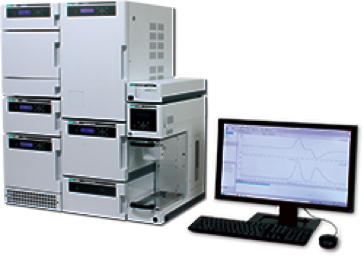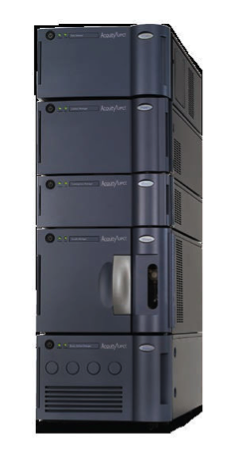June 14, 2018 -- Supercritical fluid chromatography (SFC) is one of the few “green” purification technologies in the research space today. The method is unique in that a supercritical fluid is used as the mobile phase. This is a substance that has been both compressed and heated beyond its critical point, and thus a distinct liquid or gas phase does not exist; instead it is a supercritical fluid. The fluid is unique in that it has the high density of a liquid but the low viscosity of a gas. Read on to learn more!

If you’re unfamiliar with SFC, it can be most closely compared to HPLC because they use nearly identical instrumentation. SFC systems can be thought of as a normal phase chromatography applied to the analysis of hydrophobic, low-to-moderate molecular weight, thermally liable molecules. The components of the mixture will be separated as they pass through the column containing particles. Each component will interact with the column particles and emerge from the column at different times to pass through a detector. A variety of solvents can be used including ethane, propane, and trimethoflurane, but carbon dioxide is the most commonly used. CO2 has a low critical temperature of 31° C and only requires low pressures to make it into a supercritical fluid. The CO2 can be paired with other solvents, such as methanol in order to modify the polarity and viscosity of the solvent. The goal is to use a low-viscosity mobile phase in order to have high diffusivity rates and the use of longer columns with high-efficiency separations. One can vary the pressure and temperature of the system in order to optimize the separation.
Waters ACQUITY UPC2 System

If you enjoyed this post, be sure to check out the rest in our Chromatography series. In the future we will continue with other series’ including topics like mass spectrometry, laboratory software and more! What are your thoughts on Supercritical Fluid Chromatography? Start the discussion below!
Copyright © 2018 scienceboard.net


